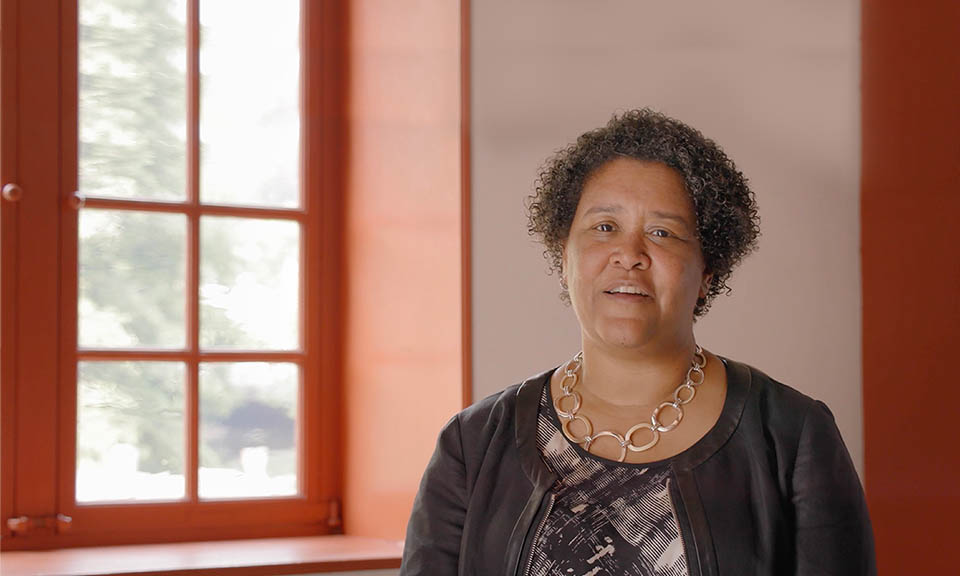A Legacy of Racism
Illustrated Emancipation Proclamation
1864–1865
C. A. Alvord, printer (American, active 1860s)
Printers quickly released commemorative illustrated prints of the Emancipation Proclamation that paired a portrait of President Abraham Lincoln with the historic text.
Library of Congress Prints and Photographs Division Washington, D.C. 20540 USA.
African American demonstrators outside the White House
1963
Unknown
Demonstrators during the 1963 march demanded the right to vote everywhere in the country and protection against brutal violence.
Library of Congress, Prints and Photographs Division, Washington, D.C.
Constance Baker Motley with protesters in Washington, D.C.
1963
Shel Hershorn (American, 1929–2011)
Constance Baker Motley, an African-American civil rights activist, lawyer, judge, and state senator, was the first African-American woman appointed to the federal judiciary.
Getty Images.
Protestors at the Washington Monument during the March on Washington
August 28, 1963
Unknown
Throngs of people crowded the National Mall for the official program that included speeches by Rev. Dr. Martin Luther King, Jr. and John Lewis during the March on Washington for Jobs and Freedom.
American Photo Archive / Alamy Stock Photo.
The Lincoln Memorial during the civil rights march on Washington, D.C.
1963
Unknown
Speakers, including Dr. Martin Luther King, Jr., gave speeches at the Lincoln Memorial during the demonstration.
Library of Congress, Prints and Photographs Division, Washington, D.C.
The Rev. Dr. Martin Luther King, Jr. at the Lincoln Memorial.
August 28, 1963
Unknown
The Rev. Doc. Martin Luther King, Jr. delivered a speech during the March on Washington for Jobs and Freedom. His iconic remarks included the sentence "I have a dream that my four little children will one day live in a nation where they will not be judged by the color of their skin but by the content of their character."
Pictorial Press Ltd / Alamy Stock Photo.
Civil rights march on Washington, D.C.
1963
Tens of thousands of people marched in Washington D.C. in August, 1963 demanding school integration and decent housing.
Library of Congress, Prints and Photographs Division, Washington, D.C.
Ms. Frozine Reece
1964
Unknown
Frozine Reece served as the treasurer of Delta Sigma Theta sorority at Virginia State College.
Courtesy of Dr. Frozine Reece-Smith.
Skyline of Manhattan from the Brooklyn Bridge
c. 1960
Unknown
During the Great Migration (1916-1970), approximately six million African-Americans left the South to seek opportunities in the North. Even in cities like New York, they encountered segregated schools and neighborhoods.
ClassicStock / Alamy Stock Photo.
Dr. Frozine Reece-Smith with students
1980
Unknown
Dr. Frozine Reece-Smith leads music students at Westover School in Connecticut.
Courtesy of Dr. Frozine Reece-Smith.
Protesters in New York City
July 7, 2016
A. Katz (Unknown, active 2015-2016)
Activists carry a "Black Lives Matter" banner at a march in New York City.
A. Katz / Shutterstock.com
Sign at a march protesting mass incarceration
April 14, 2015
A. Katz (Unknown, active 2015-2016)
Recent protests in New York City addressed what participants believe to be continued race-based inequalities, such as in incarceration rates and sentencing disparities.
A. Katz / Shutterstock.com.
Produced by Historic Hudson Valley for People Not Property: Stories of Slavery in the Colonial North Interactive Documentary.
Copyright © 2019-2025 Historic Hudson Valley. All Rights Reserved.


